“Invasive Species”: Children’s Edition
Somewhere, hidden away from the chaos of highways, cities, and endless human construction, there’s a place so pure it’s almost mythical. They call it the Garden of Eden—a sanctuary where trees still stretch to the sky, rivers run clean, and the animals? Well, they live like they’ve got nothing to lose. But even paradise has its problems.
Meet Günther. He’s not your average squirrel. He’s scrappy, unpredictable, and has one serious bad habit: stripping the bark off Norway maples. For Günther, it’s survival. For the rest of the animals? It’s becoming a problem. And in a place like the Garden of Eden, where balance means everything, you can’t afford to mess around.
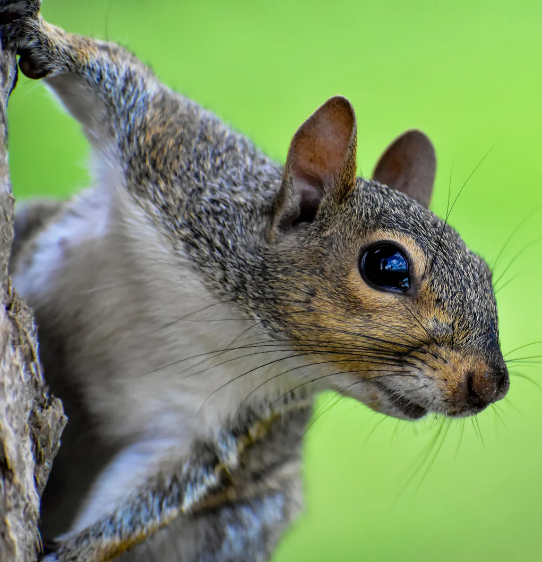
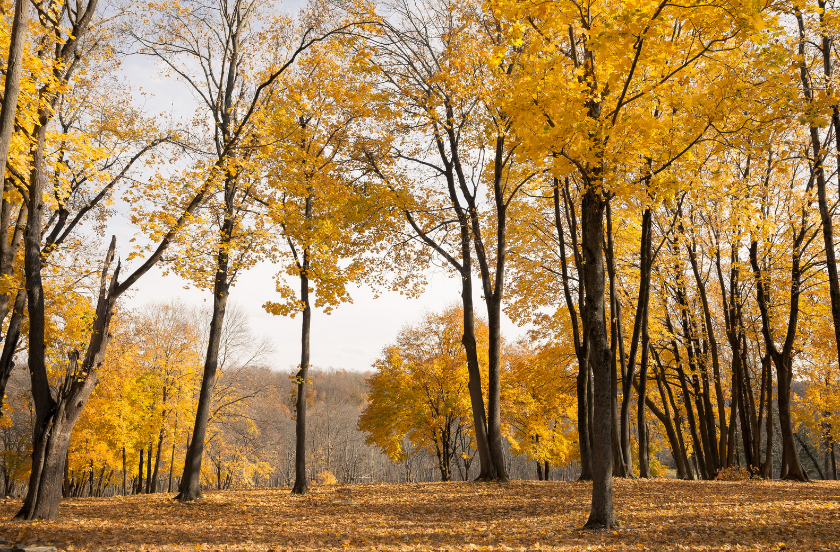

The forest had had enough. Led by Sebastian, a no-nonsense beaver with a law degree in common sense, the animals rallied. Seventy-two signatures on a petition later, Günther was called out. Time for a trial, forest-style, with Judge Xavier Eul—the owl with the sharpest mind and even sharper talons—presiding.
Chapter 1: Trouble in Paradise
Beneath the great oak, a crowd of creatures had gathered. Birds in the branches, frogs in the underbrush, even the foxes had come out to see the showdown. Perched high above, Judge Eul scanned the crowd with those piercing eyes of his. Cool, collected. But everyone knew—he wasn’t here for chit-chat.
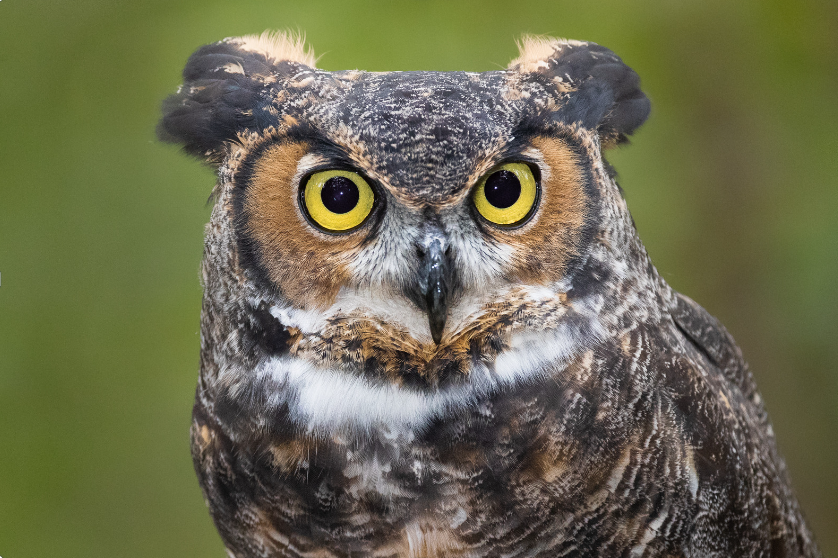
Sebastian cleared his throat. “Your Honor, esteemed creatures of the Garden of Eden, we’re gathered here because Günther, our resident bark-stripper, is pushing this forest out of balance. His actions are weakening the Norway maples. This isn’t just about a few trees—this is about the entire ecosystem.” He gestured around, as if to say, Look at the big picture.
The crowd muttered in agreement. Life in the Garden of Eden was good, but only because everything worked like clockwork. Throw a wrench into that machine, and things could unravel fast.
All eyes turned to Günther, leaning against a tree like he couldn’t care less, a cocky grin on his face. The squirrel looked like a rockstar on trial—half-bored, half-ready to defend his reckless lifestyle.
Chapter 2: Günther’s Wild Defense
Günther sauntered to the front, eyes darting from Judge Eul to the crowd. “Let’s cut to the chase, yeah?” he said, voice dripping with sarcasm. “I’m the bad guy. The one who’s out here chewing up the maples and ruining everything for you perfect little creatures. But let me ask you this—what do you expect me to do? I’m a squirrel. I chew bark. It’s what I do.”
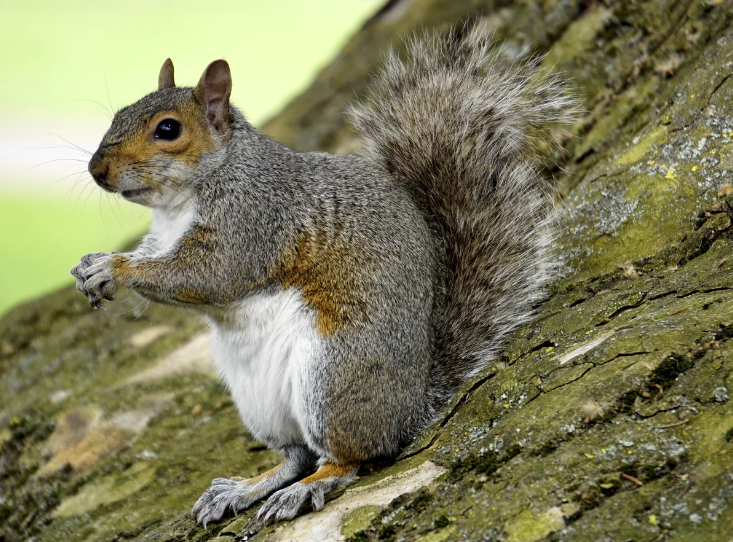
His tone shifted, from snarky to defensive. “You think I want to be the villain here? I strip bark because I have to. Food’s tight sometimes, and the sap in those maples? It’s my lifeline. So before you all get up on your high branches and judge me, think about that.”
Günther’s tail twitched, and his eyes narrowed. “Maybe I don’t fit into your neat little picture of paradise, but newsflash: I’m part of this place too. Nature’s messy. It’s survival of the fittest, baby.”
The crowd stirred, some creatures exchanging uneasy glances. Even Sebastian looked like he was second-guessing things.
But Judge Eul, calm as ever, tilted his head, taking it all in.
Chapter 3: Judge Eul Lays Down the Law
Xavier Eul spread his wings ever so slightly, casting a shadow across the clearing. “Günther, I hear you,” the owl began, his voice as steady as the ancient tree he perched on. “Survival is a universal law. But so is balance.”
The animals leaned in, hanging on every word.
“You see,” Judge Eul continued, “when you strip too much bark, you don’t just harm the maples. You weaken the entire forest. Birds lose nesting spots, insects disappear, and before you know it, the soil suffers. You’re tipping the scales, and here in the Garden of Eden, that’s a dangerous game.”
Günther crossed his arms, looking skeptical. “So what’s the solution? I starve?”
“No,” said the owl, sharp and wise. “Balance doesn’t mean anyone has to starve. It means limits. You take what you need, but no more. That’s why I’m proposing a quota. You get your sap, the trees stay strong, and we keep this forest thriving.”
For the first time, Günther looked like he was actually listening. “A quota, huh? Alright. I’ll play ball.”

The crowd buzzed, relief settling in. Balance was being restored. Or so they thought.
Chapter 4: Sebastian’s Real Talk on Humans
Just as Judge Eul prepared to wrap things up, Sebastian stepped forward, eyes blazing with emotion. “Your Honor,” he said, his voice thick with passion, “I agree with everything you’ve said. But there’s a bigger issue we’re all skirting around. It’s not just about Günther. It’s about them.”
The crowd stilled. Everyone knew what Sebastian was talking about—the humans.
“We’ve spent so much time worried about Günther stripping bark that we’ve forgotten who the real threat is,” Sebastian continued, his voice rising. “It’s the humans who are out there, chopping down entire forests. You think Günther’s a problem? They’re flattening everything in sight, paving over habitats like it’s nothing. And for what? Roads? Parking lots? Malls? It’s madness.”
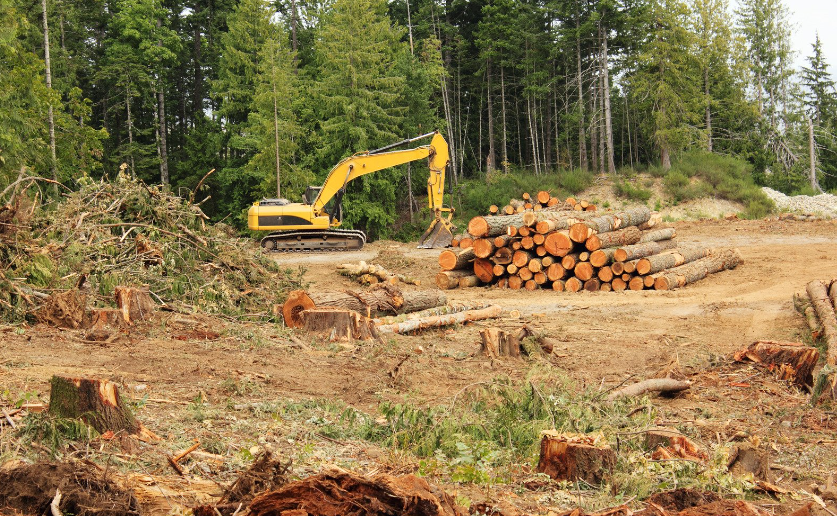
Sebastian’s eyes flicked toward the horizon, where the distant hum of machines could just be heard. “But here’s the thing—they could actually help us if they wanted to. They’ve got the tools, the know-how. Instead of tearing down, they could build. They could plant mixed forests, create new wetlands, restore balance faster than nature could. But they don’t. They just destroy.”
His voice cracked. “If they don’t stop, our Garden of Eden will be next.”
Chapter 5: The Verdict and Hope for Eden
The weight of Sebastian’s words hung in the air like a storm cloud. Judge Eul took a deep breath. “Sebastian, you’re right. The humans are a force unlike any other. They have the power to tear down or rebuild. The fate of this Garden of Eden, and others like it, depends on their choices.”
The owl’s eyes scanned the crowd. “We can only control what happens here. But we must hope—no, we must believe—that the humans will one day wake up. They’ll realize that destroying everything in their path leads nowhere. They have the power to restore balance, and they need to start using it.”
Judge Eul then turned to Günther. “As for you, Günther, the quota stands. You’ll strip only as much as you need, no more. And if you do, the forest will remain strong. You survive, the maples survive, and balance is restored.”
Günther, now looking less like a rebel and more like a survivor who’d seen the bigger picture, nodded. “Alright, I’m in. I don’t want to bring this place down. I just want to live, like the rest of you.”
With that, the trial ended. But the lesson stayed. The animals went back to their homes, understanding that balance wasn’t just something you talked about—it was something you fought for, every day.

And far beyond the borders of the Garden of Eden, the humans? They might still be destroying habitats, but maybe, just maybe, they’d start listening too. They had the skills to rebuild what they’d torn apart. They just had to choose to use them.
The End
Moral of the Story:
Not every so-called troublemaker is really out to destroy. Günther is just trying to survive, like all creatures. Nature has its own way of restoring balance, but it’s humans—the ultimate troublemakers—who hold the real power. If they stopped tearing down habitats and started building them up instead, they could help nature find its balance again, faster than it can on its own. The fate of every forest, every species, depends on whether they choose destruction or restoration.

Published by Coman, Ken (Sept 2024)
Yes .. the grammar and form have been assisted with AI.